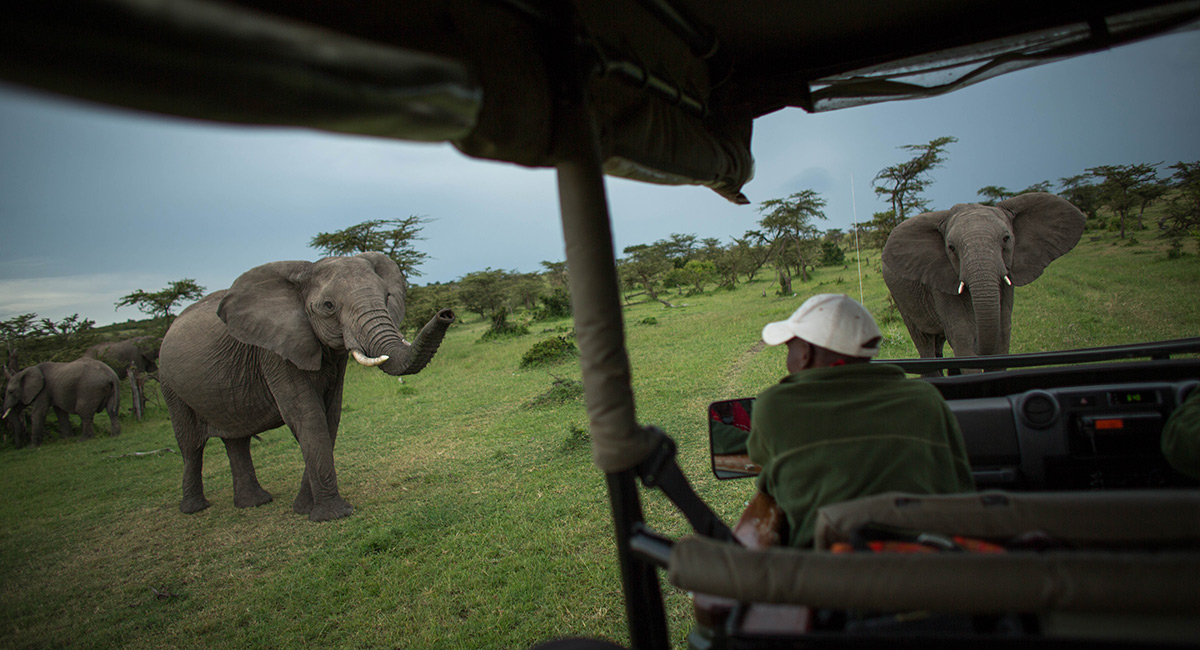How to save nature & wildlife on vacation
How your vacation could help restore nature and wildlife
I’m convinced that your vacation could help to bring back lost nature and wildlife. My role as a nature advisor to the UK’s Environment Minister, and experience working with the Maasai to run a safari company in Kenya, has helped me understand the enormous potential of responsible nature tourism.Climate change is one of the five biggest reasons for loss of biodiversity and tourism has its share of responsibility. Reducing our emissions by taking fewer, longer vacations by air is a necessary first step.

These are some of the ways that Responsible Travel vacations restore nature.
- Employing local people and sourcing food and materials locally, which puts money back in the hands of communities who are then empowered to use land and resources more sustainably. Our community based tourism vacations demonstrate just how effective this can be.
- Putting power back into Indigenous communities. Indigenous people make up just six percent of the global population but nurture 80 percent of the world’s cultural and biological diversity. Yet, they make up 15 percent of the world’s poorest people. On our trip to Brazil you will stay in a lodge that provides Indigenous communities with a sustainable, alternative and well-paid income to logging, agriculture or palm oil production.
- Making nature tourism a key source of income locally. The jobs and income from tourism can help make the case to restore new areas for wildlife. For example, what has been termed the ‘standing tree economy’ can show that in some places, nature tourism in forests is more profitable than logging.
- Visiting national parks. Entry fees to national parks contribute to their maintenance, research, rangers’ fees, education programmes for school children and more.
- Making our accommodation work hard for nature. The accommodation that we stay in – like our self catering cottage in Devon – can provide nestboxes for birds and bats. Owners can actively plant pollinators for bees and insects, stop using pesticides, provide water for wildlife (perhaps through a reed filtration system to manage grey water) and set aside wild areas for nature.
- Funding conservation, through initiatives like gorilla safari permits, which have been key to saving this species. Other vacations provide funding for NGOs. Our partner who operates this kayaking trip in Canada has donated over $100k to local environmental NGOs. Conservation volunteering vacations like this one in South Africa make a hands-on contribution to vital conservation work. Trips like this one in Romania make a financial contribution to reforestation.
- Serving food that has been grown organically by nature friendly farmers. Regenerative farming, without pesticides and in tune with local wildlife and the seasons, improves soil quality – which in turn supports the microorganisms, fungi and insects that underpin so much other life.
- Gathering conservation data. Citizen science vacations can help conservationists and local authorities understand how to protect and restore nature.
- Investing in and working collaboratively to improve land for nature. Trips like our luxury Masai Mara camp lease degraded and overgrazed land from local communities for the purpose of tourism and conservation in return for removing fences and managed grazing, which helps wildlife thrive. This rewilding vacation in Italy comes with a commitment to rewild 100m˛ of land with every booking. Some vacations, like this one in Belize, contribute to the removal of invasive species and can help native species recover and flourish.



